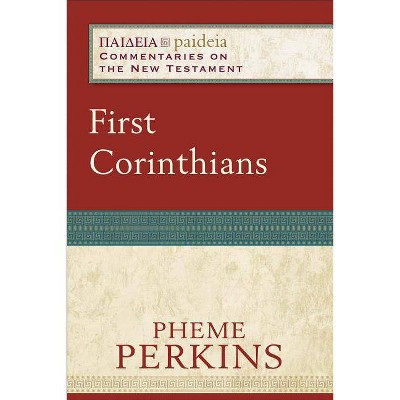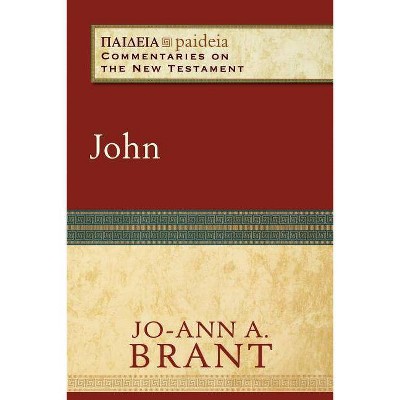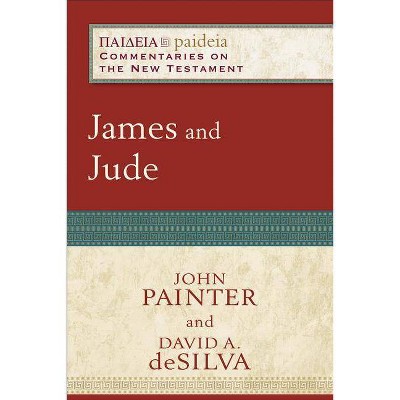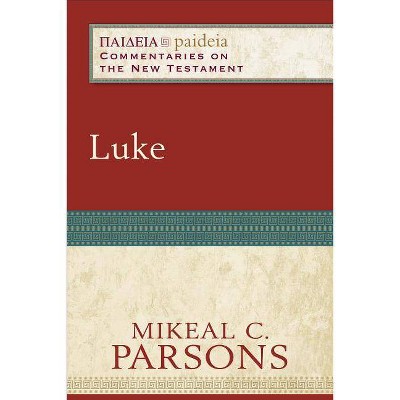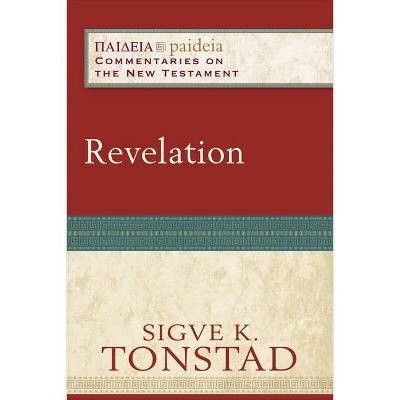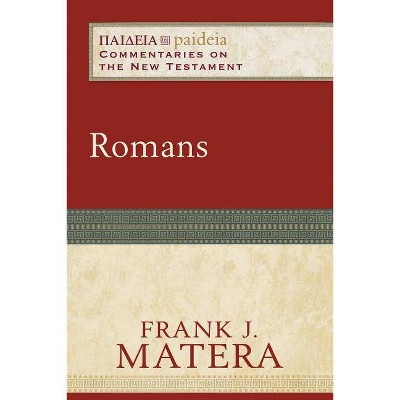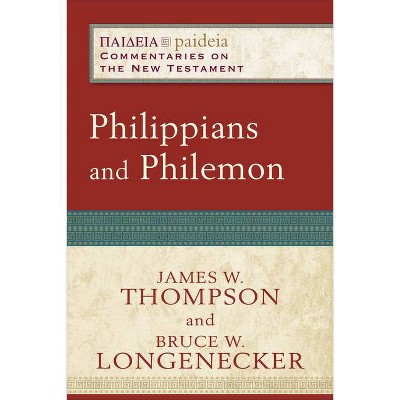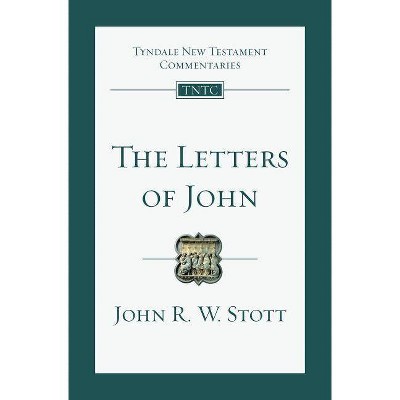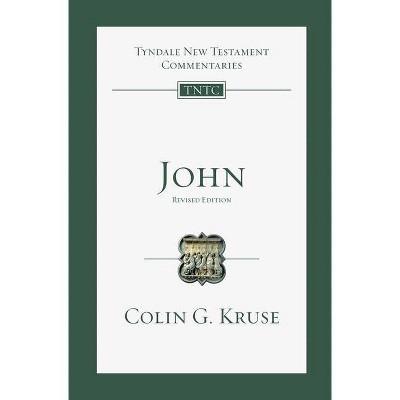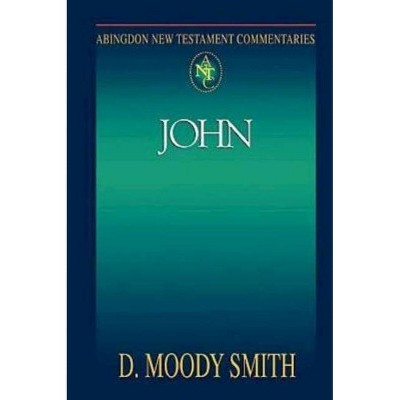First, Second, and Third John - (Paideia: Commentaries on the New Testament) by George L Parsenios (Paperback)
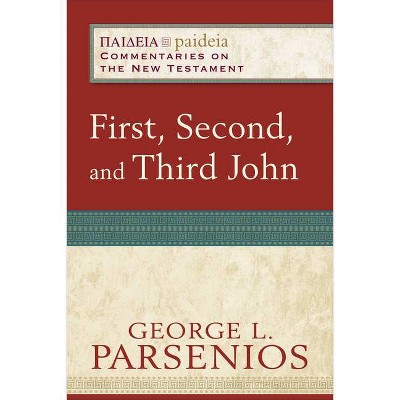
Similar Products
Products of same category from the store
AllProduct info
<p/><br></br><p><b> About the Book </b></p></br></br>A respected New Testament scholar offers a practical commentary on First, Second, and Third John.<p/><br></br><p><b> Book Synopsis </b></p></br></br>In this addition to the well-received Paideia series, a respected New Testament scholar examines cultural context and theological meaning in First, Second, and Third John. Paideia commentaries explore how New Testament texts form Christian readers by attending to the ancient narrative and rhetorical strategies the text employs, showing how the text shapes theological convictions and moral habits, and making judicious use of maps, photos, and sidebars in a reader-friendly format.<p/><br></br><p><b> From the Back Cover </b></p></br></br><b>Critically Acclaimed Commentaries from Today's Top Scholars<br/></b><br/>In this addition to the projected eighteen-volume Paideia commentary series, respected New Testament scholar George Parsenios examines cultural context and theological meaning in First, Second, and Third John.<br/><br/>Paideia commentaries explore how New Testament texts form Christian readers by: <br/><br/>- Attending to the ancient narrative and rhetorical strategies the text employs<br/>- Showing how the text shapes theological convictions and moral habits<br/>- Commenting on the final, canonical form of each New Testament book<br/>- Focusing on the cultural, literary, and theological settings of the text<br/>- Making judicious use of photos and sidebars in a reader-friendly format<br/><br/>"Amid a crowded field of commentaries on the Letters of John, this volume is perhaps first among its peers. At once accessible, thorough, and conversant with the intricacies of the Greek text, Parsenios provides both scholar and preacher with enormously valuable insights. This may just become the first commentary many will reach for when working in these short letters."<br/>--<b>Gary M. Burge</b>, Wheaton College and Graduate School<br/><br/>"This concise and able mid-range interaction with John's letters draws on rich resources--ancient Greco-Roman backgrounds, patristic commentators, medieval art, and modern scholarship like that of Raymond Brown and Judith Lieu. John's letters are seen as a coherent literary development of themes laid down earlier in the Fourth Gospel. Parsenios's creative exposition will stimulate fresh reflection on these letters' literary strategy and on the characteristics of faithful fellowship in the Johannine tradition of 'christomorphic life.'"<br/>--<b>Robert W. Yarbrough</b>, Covenant Theological Seminary, St. Louis, Missouri<br/><br/>"Parsenios's years of scholarship on the Gospel of John pay dividends in this exciting new commentary on First, Second, and Third John. Parsenios has seamlessly integrated insights from ancient rhetorical handbooks, patristic interpretation, and modern scholarship. The analysis is clear and compelling, and a wealth of information is communicated in a clear and engaging manner. In short, Parsenios's commentary on the Johannine Epistles is an admirable addition to the Paideia series, and the first place students of these beguiling letters should now turn."<br/>--<b>Jeremy F. Hultin</b>, Murdoch University, Perth, Australia<p/><br></br><p><b> About the Author </b></p></br></br><b>George L. Parsenios</b> (PhD, Yale University) is associate professor of New Testament at Princeton Theological Seminary in Princeton, New Jersey. He has written two books and several articles on the Johannine literature.
Price History
Price Archive shows prices from various stores, lets you see history and find the cheapest. There is no actual sale on the website. For all support, inquiry and suggestion messages communication@pricearchive.us
